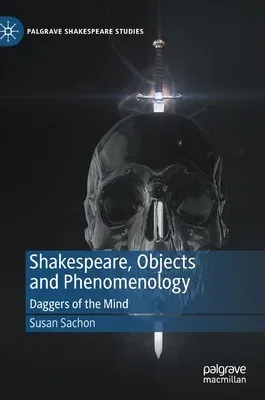Susan Sachon
(Author)Shakespeare, Objects and Phenomenology: Daggers of the Mind (2020)Hardcover - 2020, 24 January 2020

Qty
1
Turbo
Ships in 2 - 3 days
In Stock
Free Delivery
Cash on Delivery
15 Days
Free Returns
Secure Checkout

Part of Series
Palgrave Shakespeare Studies
Print Length
243 pages
Language
English
Publisher
Palgrave MacMillan
Date Published
24 Jan 2020
ISBN-10
3030052060
ISBN-13
9783030052065
Description
Product Details
Author:
Book Edition:
2020
Book Format:
Hardcover
Country of Origin:
NL
Date Published:
24 January 2020
Dimensions:
21.01 x
14.81 x
1.6 cm
ISBN-10:
3030052060
ISBN-13:
9783030052065
Language:
English
Location:
Cham
Pages:
243
Publisher:
Series:
Weight:
458.13 gm